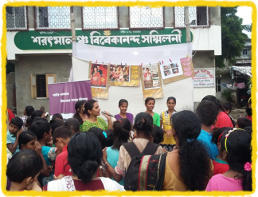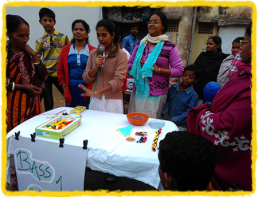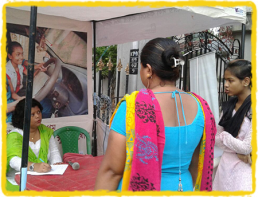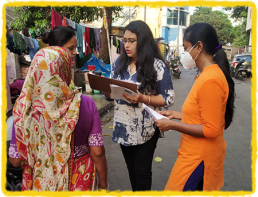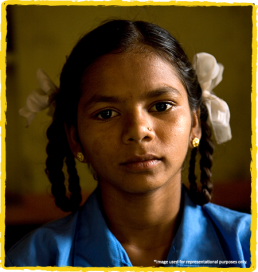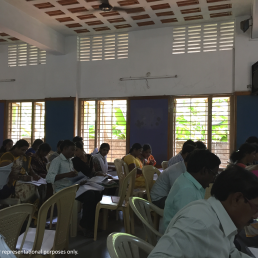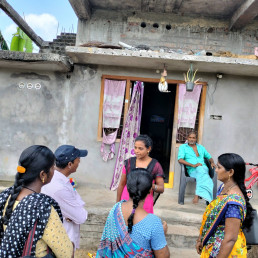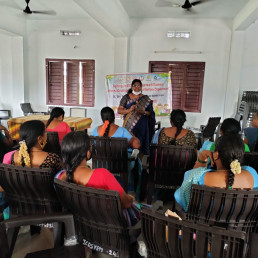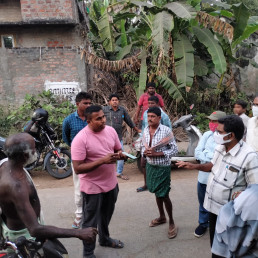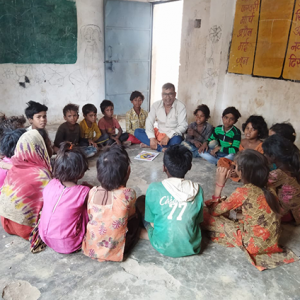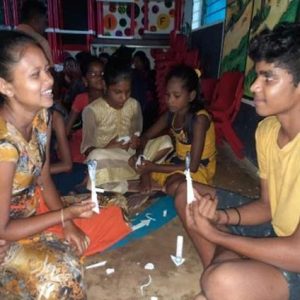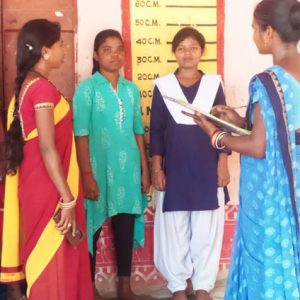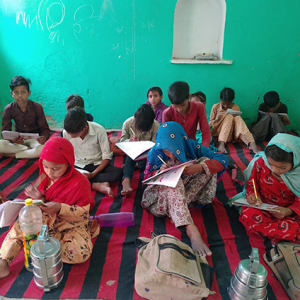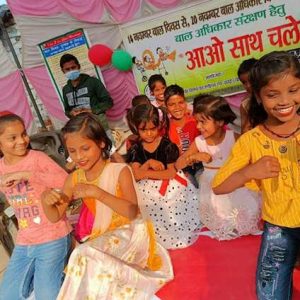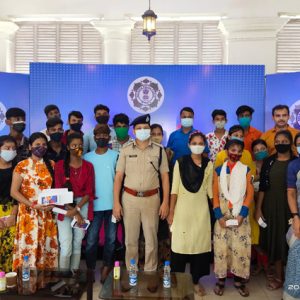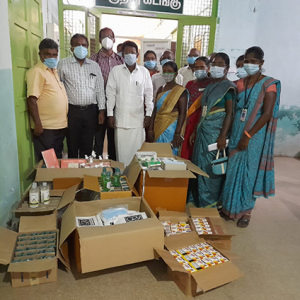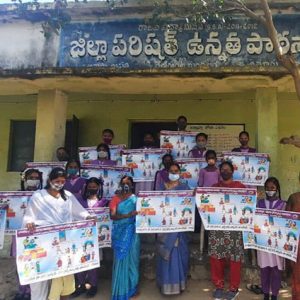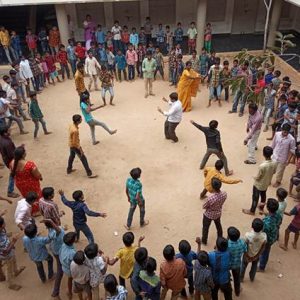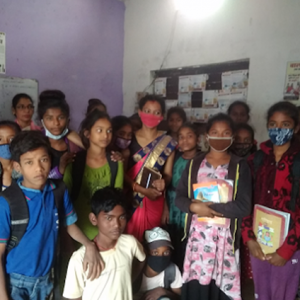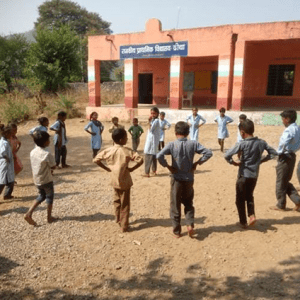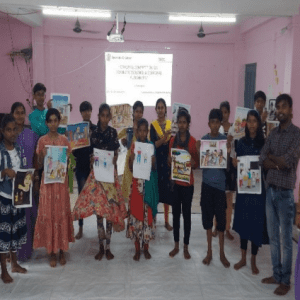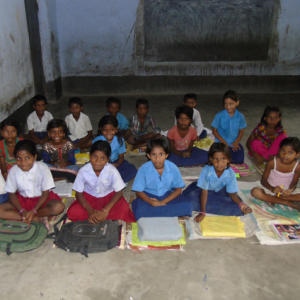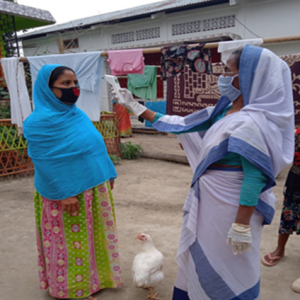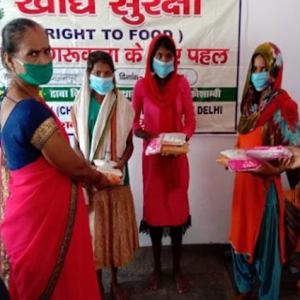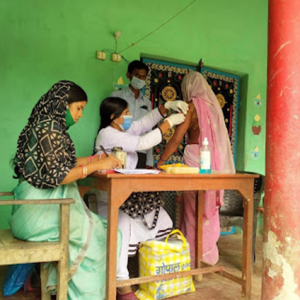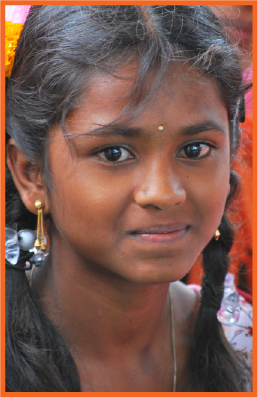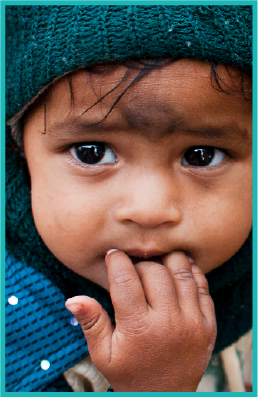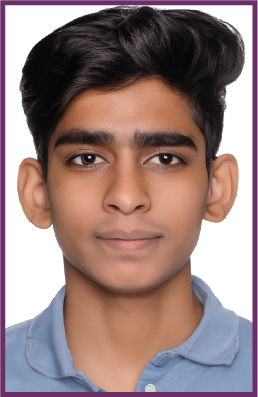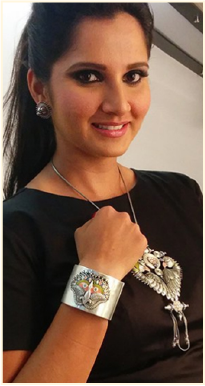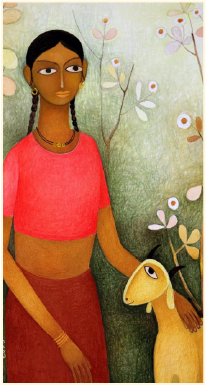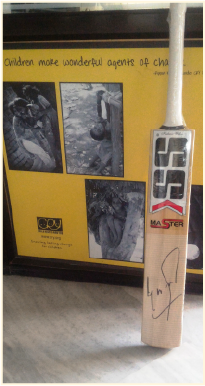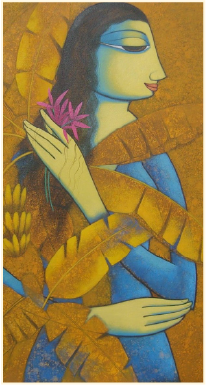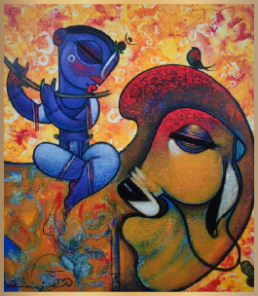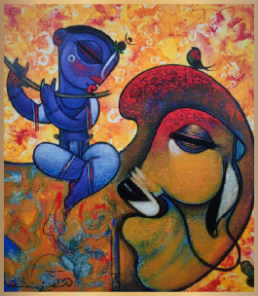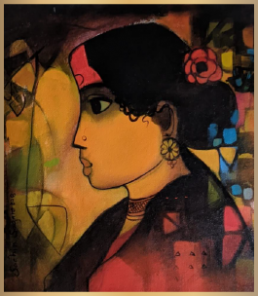Campaign Story
About the project
Women from the marginalized slum communities were the hardest hit by COVID 19. Those who earned a daily wage became jobless overnight due to lockdown. Concurrently, incidents of domestic violence increased, and women were subjected to the tremendous pressures of unpaid care work. The project promotes the notion that women can and should pursue “non-traditional” livelihoods, such as becoming professional drivers.
This Project is fully funded by the Oak foundation.
Making a difference
With the goal of reaching the most-needy women, CRY America’s Project Talash conducted outreach on driving as a viable livelihood option among victims of domestic violence, single mothers, and women belonging to lower-caste and tribal communities. Once enrolled, women received automobile driver training as well as instruction on basic English, first aid, GPS usage. The courses included additional units on gender roles and responsibilities, applicable laws, and patriarchal myths. The program originally intended for graduates to take up jobs as “Pink Taxi” (female-driven cabs) drivers in Kolkata, as chauffeurs for hospitals, hotels, corporations or clubs, and with ride-sharing companies such as Uber and Ola. Unfortunately, COVID closures and stay-at-home orders wiped out demand for these transportation services. Amid the crisis, the partners saw opportunity in the suddenly booming home delivery industry. By expanding the program to train women on operating two-wheel scooters (exclusively used by delivery drivers), Talash kept the “Women on Wheels” rolling toward employment with food and household delivery companies.
Action during COVID times
● Distributed household essentials to the community during lockdown
The way forward
● Engage in public mobilization and outreach with the goal of enrolling 40 women in “Women on Wheels
● Conduct 400 to 500 household surveys to identify women candidates for enrollment
● Through regular home visits, introduce families to and encourage acceptance of non-traditional livelihood options for women
● Provide case-by-case counseling support for enrollees who face family issues
● Form adolescent girls’ groups and parents’ groups to promote an enabling environment in the community
The way forward
● Orienting Anganwadi teachers on Early Childhood Education (ECE) programme components.
● Strengthening parents monitoring committee
● Conducting awareness programmes on child labor at the community level
● Implementing Life Skills Modules in child collectives to inculcate self-esteem and self confidence
● Transact life skills modules on sexual and reproductive health in adolescent girls collectives
Project Impact

21
Women total enrolled in driver training

14
Women trained on scooters

7
Women trained in automobiles

11
Scooter graduates employed with various online delivery services












